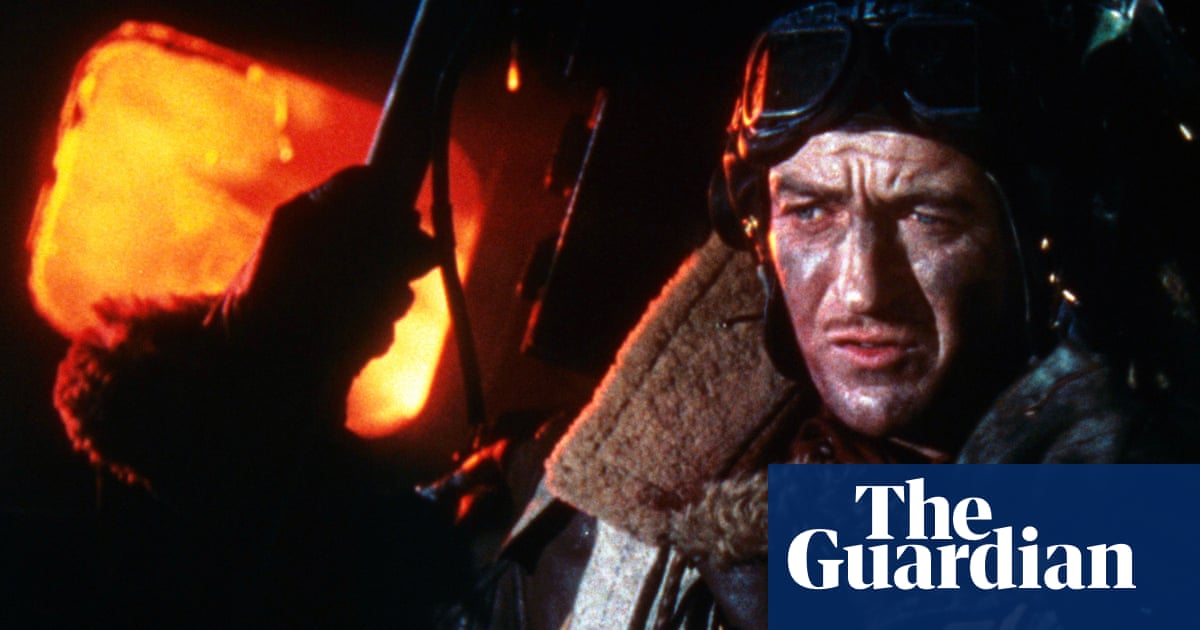
he decision, announced last week by BBC Drama, to revive and recast Alan Bennett’s landmark Talking Heads series was driven as much by necessity as sentiment. Monologue, delivered to camera, is just about the only form of acting possible at the moment. But, still, there will be a special poignancy in hearing how the mini-dramas sound a generation later in their new voices – Imelda Staunton instead of Patricia Routledge, Kristen Scott Thomas in place of Eileen Atkins, Tamsin Greig for Penelope Wilton, Jodie Comer instead of Julie Walters.
Bennett wrote the first of the monologues in 1987, giving voice, in his 50s, to lives that in several cases were facing their last act. He himself turns 86 next week, about the same age as Thora Hird was when he cast her so memorably in Waiting for the Telegram in the last of the second series of monologues in 1998.
Having survived bowel cancer 20 years ago, Bennett’s output has been interrupted in recent years by a number of health issues, not least open-heart surgery, which knocked him out for several months last year. As the playwright’s traditional annual diary in the London Review of Books noted in January, arthritis has forced him to give up driving and, after a couple of falls, he is wary of cycling. The trademark elegiac tone of Talking Heads, leavened with comedy – probably the best-loved cadence in contemporary English writing – has become more of his reality.
There will be two new monologues among the 12 in the new series, both written last year and to be shown in coming months. Speaking to the Times about the project that he will oversee, Nicholas Hytner, Bennett’s most trusted director, recalled how the two scripts were initially put to one side, without an obvious home. Now they will take the place of the two original pieces Bennett first wrote for Hird, since it is thought too risky in the current climate, even with a minimalist filming set-up, to work with an actress who would have to be in her 80s. Hearing that all-too-real voice from a care home might anyway be a bit too much to bear.
Re-watching Waiting for the Telegram last week, I was struck by how the sadness of seeing the character Violet recall her unconsummated love with a local lad before the Great War is now matched for tragedy with her references to her young carer Francis, who dies of pneumonia: “And I thought they had the cure for that,” she says.
Though the original monologues will be grouped together, the gap between the two series marked perhaps the most significant decade in Bennett’s life as a writer. The first six were written when he was still engaged in two estranging acts of caring: for his mother, Lillian, who after years of suffering with depression, developed Alzheimer’s and went to live in a nursing home; and for Mary Shepherd, the highly eccentric subject of his book and later film Lady in the Van, who was living on his drive in Gloucester Crescent, Camden.
Both relationships forced him to examine the often painfully comic line between eccentricity and insanity, and Talking Heads seemed to arise directly out of that attention, the voices pitched somewhere between Samuel Beckett and Joyce Grenfell. In his introduction to the first series of monologues, Bennett noted how all the voices had one thing in common: they were part of a “story to the meaning of which they are not entirely privy”.
By the time of the second six monologues, Bennett was in a different place in his own life, and perhaps acknowledging the truth of that latter quote for himself. His mother had eventually passed away in 1995, he had finally come out as gay, and found lasting love with Rupert Thomas, editor of the World of Interiors.
In his frank family memoir Untold Stories, written just after the second Talking Heads series, he set down for the first time the extent of his mother’s mental illness and pathological shyness, and how it had shaped some of the concerns of his writing. Lillian Bennett was a woman who had to get married at 7.30 in the morning in an empty church, so fearful was she of “making a show”. The familiar social awkwardnesses of Bennett’s childhood in Leeds that had fuelled so much of his comedy became something more troubling and poignant.
This is a layer of understanding that the second series of Talking Heads appeared to acknowledge more directly. Bennett is too often characterised as a writer nostalgic for the rationed emotional range of the postwar years, the twitchy net-curtain chatter of women of his mother’s age. But however much warmth and comedy he could find in those voices, the monologues became a powerful argument against living lies, against repression. To that famous line of WH Auden “We must love one another or die”, Bennett used to add the very English punchline “ – of embarrassment”. After Untold Stories and surviving cancer, it started to seem in his writing and his life that he was less in thrall to that joke.
Speaking about his friendship with Bennett, the director Richard Eyre once suggested to me that the kind of anecdote for which Bennett is famous tends to “seek him out… when you are with Alan you feel that his particular perception of the world is so powerful that the world itself becomes Bennettesque around him”.
You might say that our current isolation, in surreal and anxious lockdown – part of a story to which we are not entirely privy – has seen elements of that condition writ large. Talking Heads might sound a little more like period pieces now – that was already priced into them when they were written – but no doubt they will speak just as truthfully as ever.












